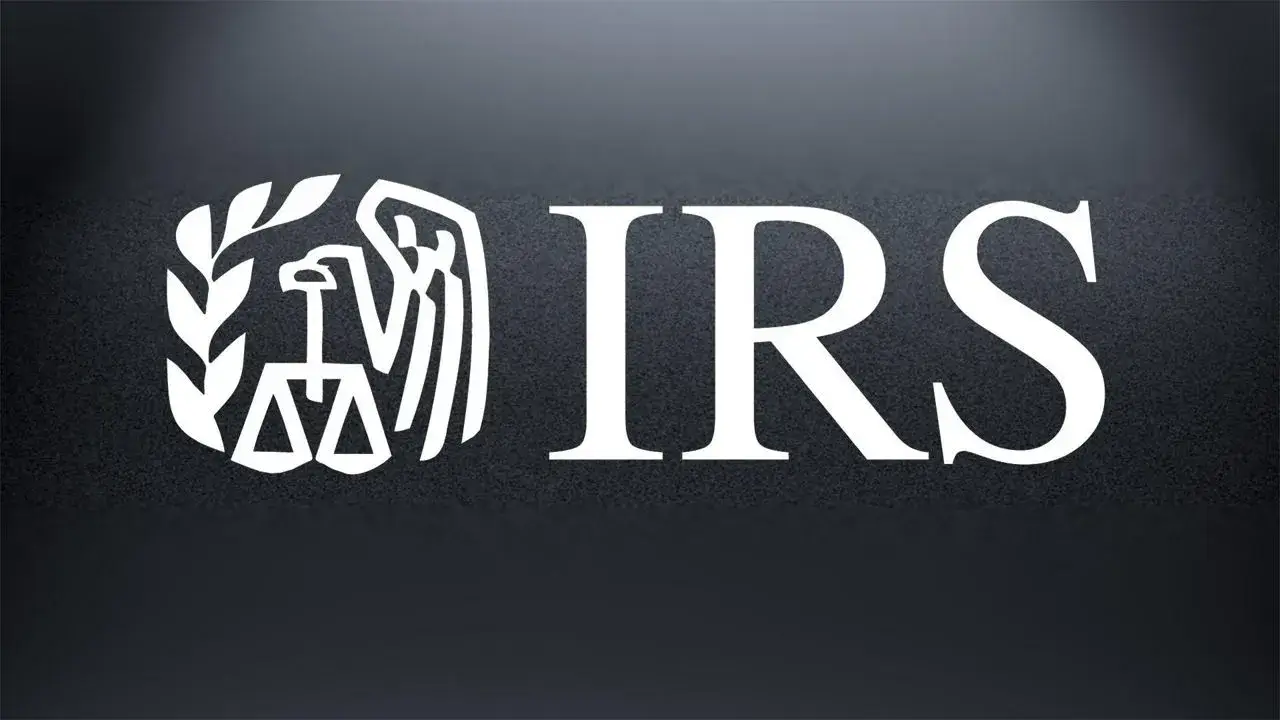U.S. Crypto Investors Hit by IRS Letter Surge as Tax Crackdown Looms
29.06.2025 11:00 3 min. read Kosta Gushterov
In just two months, crypto tax platform CoinLedger observed a staggering 700% surge in the number of U.S. users receiving IRS warning letters, signaling a sharp escalation in federal tax enforcement targeting digital asset holders.
Several accounting firms, including Taxing Cryptocurrency, have corroborated this trend, confirming that crypto investors across the country are increasingly being flagged by the tax authority.
CoinLedger CEO David Kemmerer believes this spike in enforcement reflects widespread confusion and misinformation in the retail crypto community, where many investors still mistakenly assume they are not obligated to report digital asset transactions on their tax returns. He explained that this new wave of IRS letters is catching even well-intentioned investors off guard, especially those who tried to comply but lacked detailed documentation of their trading history.
“We’re witnessing a surge of panic among everyday investors who genuinely attempted to follow the rules,” Kemmerer said, adding, “Automated systems don’t care about intent—if your cost basis data is missing or inconsistent, you’re getting flagged.”
Trump Pushes Back, But Congress Has Yet to Act
Although President Donald Trump has publicly expressed his support for eliminating taxes on U.S.-based cryptocurrency holdings, no legislation has yet been introduced in Congress to formalize or advance this proposal, according to Kemmerer.
However, Trump did take one regulatory step in April when he signed a resolution repealing an IRS rule—originally finalized during the Biden administration—that would have included DeFi platforms under the formal definition of “brokers” for tax purposes. While that repeal provided temporary relief to some decentralized projects, it does not affect the broader reporting mandate looming on the horizon.
Beginning January 1, 2026, crypto brokers will be legally required to submit Form 1099-DA, which includes both the gross proceeds and the cost basis of every digital asset sale. This marks a major shift, as it will provide the IRS with direct, automated access to an investor’s full gain and loss history—dramatically increasing transparency and enforcement power.
READ MORE:
FEPE token
Even Compliant Investors Could Face Trouble
With the arrival of 1099-DA, brokers will need to report not just how much users sold their assets for, but also what they originally paid for them. While this move is designed to minimize tax evasion, it could also penalize honest investors who failed to properly track or store their original cost data.
“Inaccurate or missing records can trigger IRS scrutiny, even if the investor didn’t intend to hide anything,” Kemmerer warned. “That’s why keeping organized records is no longer optional—it’s essential.”
Kemmerer also revealed that the IRS has begun sending multiple types of crypto-related letters, some of which are simply advisory while others imply potential audits or deeper investigations. He cautioned that if investors don’t prepare adequately, they could face unexpected penalties or compliance headaches, even if they had no malicious intent.
-
1
U.S. State of Connecticut Blocks Crypto from Public Sector Operations
12.06.2025 16:00 1 min. read -
2
Vietnam Charts a Clear Course for Digital Assets With New 2026 Law
16.06.2025 18:00 1 min. read -
3
Federal Reserve Clears Path for Banks to Enter Crypto Market
24.06.2025 8:00 2 min. read -
4
GENIUS Act Clears Senate, Setting Stage for First U.S. Crypto Law
18.06.2025 12:00 1 min. read -
5
Coinbase and Set Gemini to Expand in EU Under MiCA Rules
17.06.2025 13:00 2 min. read
Europe’s Largest Euro-Denominated Spot Crypto Exchange Secures License Under MiCA
Bitvavo, Europe’s largest euro-denominated spot crypto exchange, has officially received a MiCA license from the Dutch Authority for the Financial Markets (AFM), allowing the firm to operate across all 27 European Union member states.
Ripple Drops Cross-Appeal, Moves to End SEC Case “Once and for All”
Ripple CEO Brad Garlinghouse announced Friday that the company is officially dropping its cross-appeal in its long-running legal battle with the U.S. Securities and Exchange Commission (SEC), signaling a final move toward ending the years-long case.
Gemini Launches Tokenized MicroStrategy Stock for EU Users
Cryptocurrency exchange Gemini has announced the launch of tokenized MicroStrategy (MSTR) stock for customers in the European Union, enabling onchain access to one of the most prominent Bitcoin-related equities.
Turkey Targets Crypto Crime With New Withdrawal Delays and Transfer Limits
Turkey is preparing to roll out a series of strict crypto regulations aimed at curbing financial crimes tied to illegal gambling and online fraud, according to new comments from Finance Minister Mehmet Simsek.
-
1
U.S. State of Connecticut Blocks Crypto from Public Sector Operations
12.06.2025 16:00 1 min. read -
2
Vietnam Charts a Clear Course for Digital Assets With New 2026 Law
16.06.2025 18:00 1 min. read -
3
Federal Reserve Clears Path for Banks to Enter Crypto Market
24.06.2025 8:00 2 min. read -
4
GENIUS Act Clears Senate, Setting Stage for First U.S. Crypto Law
18.06.2025 12:00 1 min. read -
5
Coinbase and Set Gemini to Expand in EU Under MiCA Rules
17.06.2025 13:00 2 min. read

